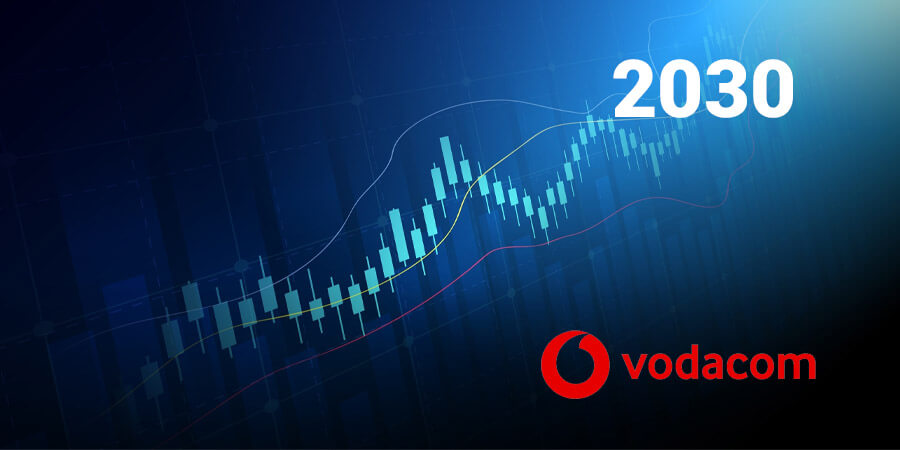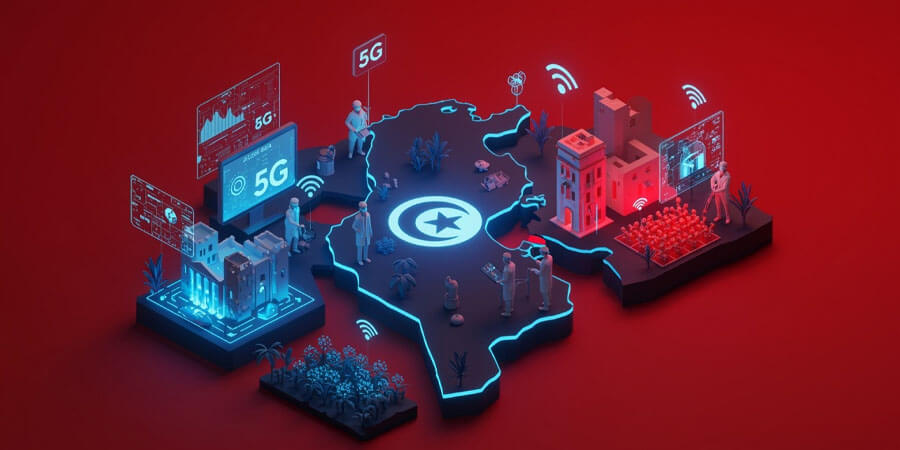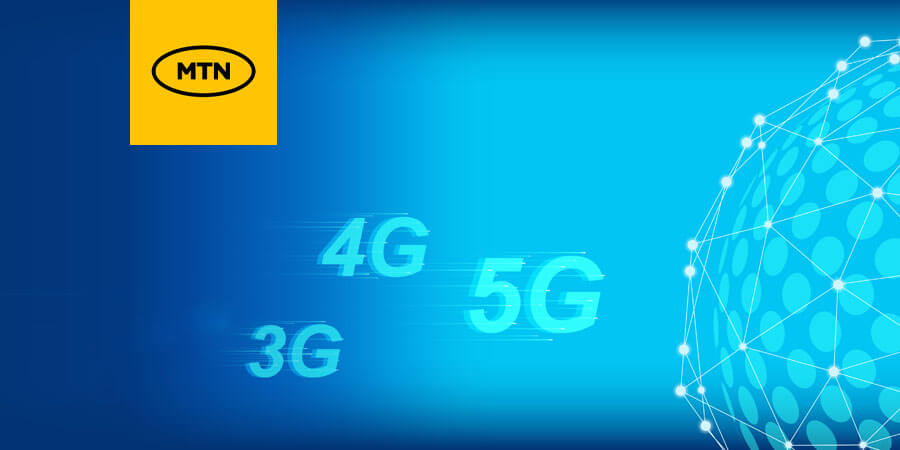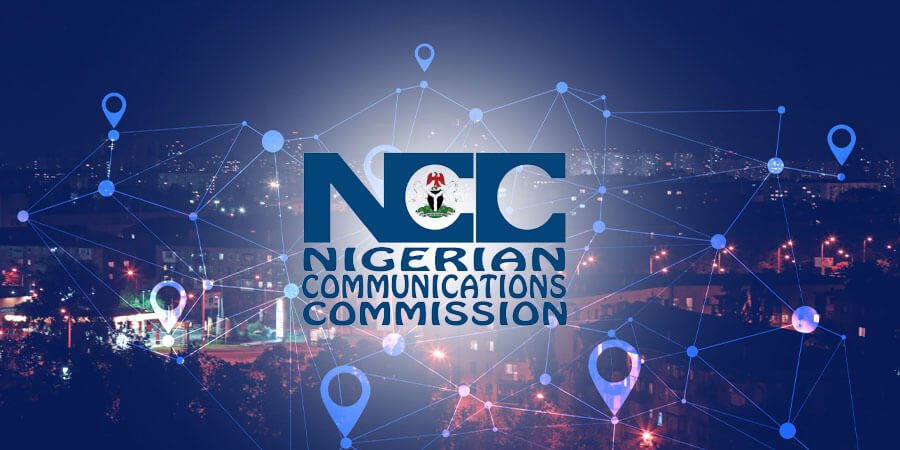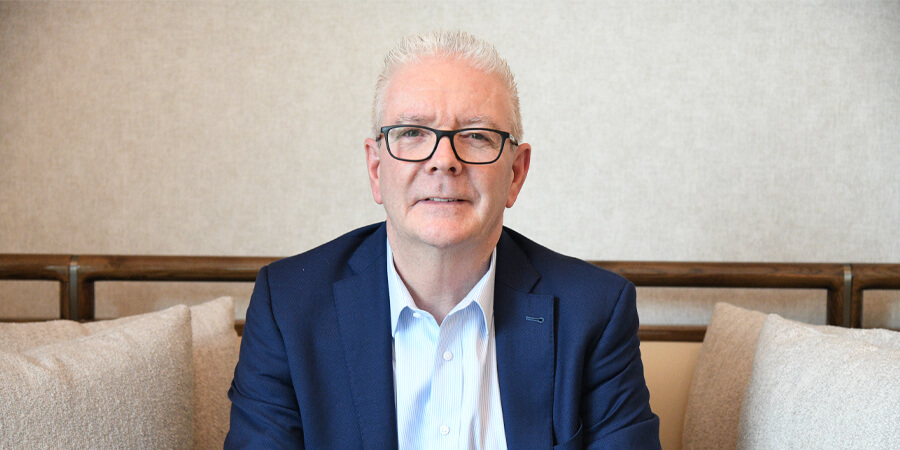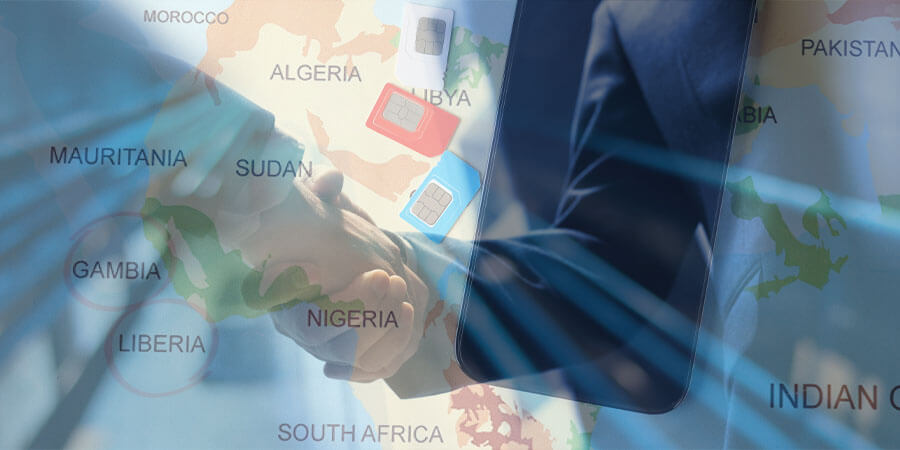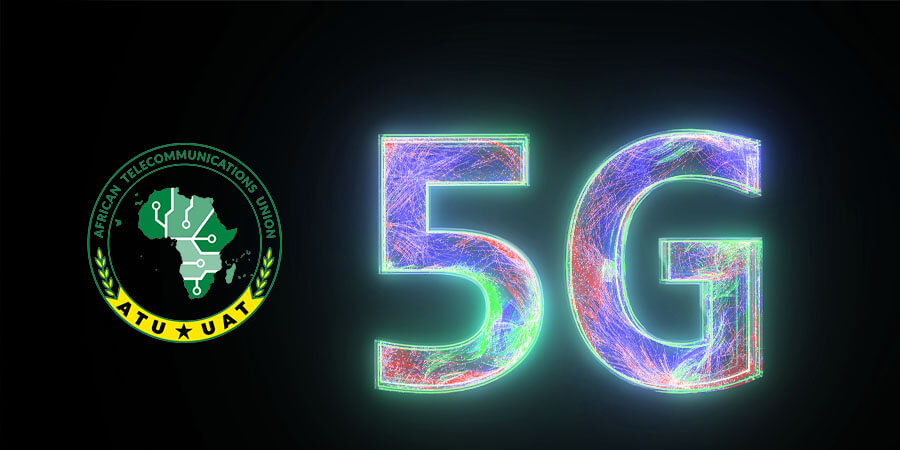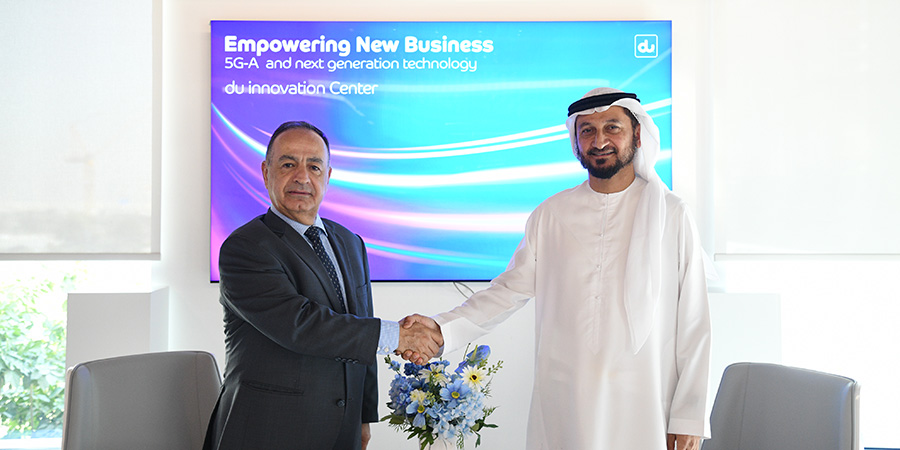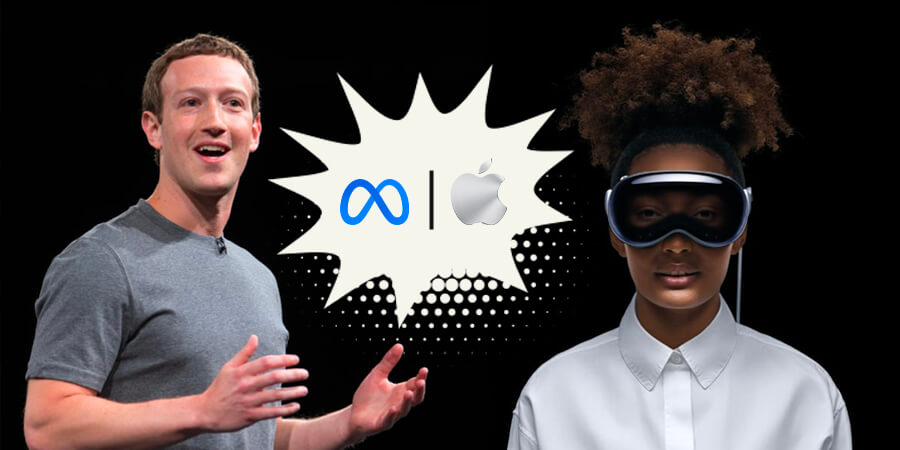Following Apple's unveiling of its $3,499 mixed reality headset, Mark Zuckerberg, the CEO of Meta, appeared to express his thoughts on the pricing and vision of the product. In contrast to Apple's offering, Zuckerberg emphasized that Meta's vision for the metaverse, an immersive virtual world, is rooted in social interaction. The remarks were initially reported by The Verge and later confirmed for accuracy to CNN by a Meta spokesperson.
Apple's Vision Pro headset combines both virtual reality and augmented reality, merging virtual images with live video of the real world. It represents Apple's ambitious foray into new hardware and positions the company in direct competition with Meta, which currently dominates the headset market and has made significant investments in virtual reality (VR).
In anticipation of Apple's headset announcement, Zuckerberg unveiled Meta Quest 3 last week, emphasizing its improved performance, new mixed-reality features, sleeker design and a more affordable price tag of $499. During internal discussions, Zuckerberg repeatedly stressed the importance of headset pricing.
The relationship between Meta and Apple has been tense even prior to Apple's entry into the market. The companies have competed in areas such as news and messaging features, with their CEOs exchanging criticisms regarding data privacy and app store policies. In 2022, Meta anticipated a $10 billion impact from Apple's restrictions on data collection for targeted ads. The rivalry between the two companies now seems poised to escalate to a new level.
In an early demonstration of Apple's Vision Pro, CNN was impressed by its unique features, including the ability to account for users' eyeglass prescriptions and a custom processor that minimizes latency issues commonly associated with similar products, which can cause nausea. However, the headset is still a work in progress, with limited app availability, the need to remain connected to a battery pack the size of an iPhone and a relatively short two-hour battery life. Apple also plans to charge a higher price compared to other headsets on the market that have struggled to gain widespread adoption.
During the meeting, Zuckerberg also discussed Meta's growing focus on integrating generative artificial intelligence (AI) into their products. Meta recently announced plans to introduce AI agents with unique personalities and skill sets into Messenger and WhatsApp, with future plans to expand their presence across other apps, products and the metaverse itself.





